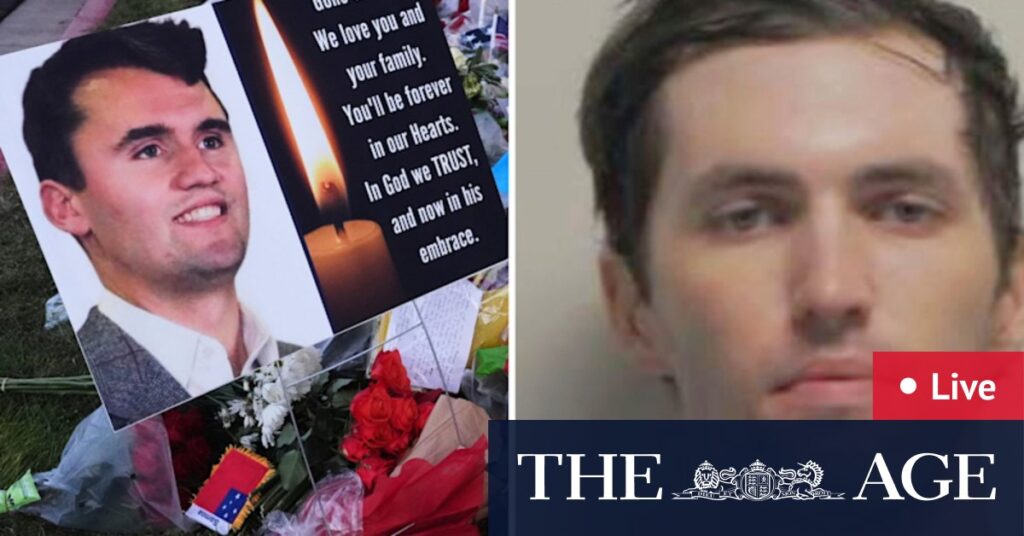
In a dramatic turn of events, recent polling data has revealed a significant decline in support for Australia’s Coalition, with the Liberal Party’s primary vote plummeting to new lows. Senator Jacqui Lambie has voiced her concerns, suggesting that the Liberal Party should reconsider its alliance with the Nationals. This development comes as the Coalition struggles to regain footing following controversial remarks by Senator Jacinta Nampijinpa Price.
According to Lambie, the Nationals are steering the Liberals away from their core objectives, potentially jeopardizing their future electoral prospects. “The way they’re going right now, I just see them sitting in opposition for the next three or four terms,” the Tasmanian senator remarked during an interview with Sky News.
Lambie further criticized the Coalition’s recent focus on Price’s comments regarding Indian migration, which she believes has significantly damaged the party’s image and created challenges for Opposition Leader Sussan Ley. “I hope Jacinta has a good look at herself because she can take some blame in that poll,” Lambie stated, emphasizing the internal discord within the party.
US Politics: Trump to Attend Charlie Kirk’s Funeral
Meanwhile, in the United States, former President Donald Trump has announced his intention to attend the funeral of Charlie Kirk, a prominent MAGA activist who was tragically assassinated last week. The memorial service is scheduled for Sunday at State Farm Stadium in Glendale, Arizona. Turning Point USA, the conservative organization founded by Kirk, has called for a celebration of his life and legacy.
Trump’s participation underscores the significance of Kirk’s influence within conservative circles and highlights the ongoing political polarization in the US.
Coalition’s Polling Woes and Internal Struggles
Liberal senator Dave Sharma has attributed the Coalition’s dismal polling results to a “bad week,” with the party securing just 27 percent of the primary vote in recent surveys. Sharma acknowledged the internal focus and lack of attention to national issues as contributing factors. “We had a bad week when we were largely talking about ourselves and internal issues,” he admitted.
The Coalition’s troubles were exacerbated by the fallout from Price’s comments, which led to her removal from the frontbench by Opposition Leader Ley. Sharma remains optimistic, however, stating, “We will regroup, regather, and move on from here.”
Labor’s primary vote also saw a slight decline, dropping from 37 to 35 percent, while One Nation experienced a surge, rising from 9 to 12 percent. These shifts indicate a volatile political landscape in Australia, with voters expressing dissatisfaction across the board.
Climate Change and Defence Spending: Government Faces Criticism
Defence Minister Richard Marles has defended the government’s climate policies amid criticism from Pacific leaders calling for drastic emission cuts. Marles emphasized the government’s commitment to climate action, despite approving the extension of the North West Shelf natural gas project, which could result in over 4 billion tonnes of emissions.
At the Pacific Islands Forum, Australia pledged $100 million to support climate adaptation in the region. However, Vanuatu’s Climate Change Minister Ralph Regenvanu warned that the gas project could breach international emissions obligations.
On the defence front, Opposition spokesperson Angus Taylor has criticized the government’s $12 billion investment in the Henderson Defence Precinct as insufficient. Taylor argues for increased defence spending to counter growing threats from authoritarian regimes like China. “We need to see defence get to 3 percent of GDP,” he insisted, urging a shift from “rhetoric to readiness.”
Marles countered by highlighting the government’s substantial defence spending increase, describing it as the “biggest peacetime increase in Australia’s history.” The funds will support the AUKUS submarine fleet, enhancing strategic cooperation with the United States.
International Tensions: Russian Drone Incursion
In a concerning development, Romania has reported a breach of its airspace by a Russian drone, marking the second NATO country to experience such an incursion. Fighter jets were scrambled to monitor the drone as it entered Romanian territory near Ukraine’s border. Despite being authorized to shoot down the drone, pilots opted not to engage due to potential collateral risks.
Ukrainian President Volodymyr Zelensky criticized NATO’s response, calling the incident a provocation that warranted immediate action. This latest incursion follows a similar event in Poland, where Russian drones were intercepted by NATO forces.
As geopolitical tensions continue to rise, the international community remains on high alert, closely monitoring developments in Eastern Europe.
With global and domestic challenges mounting, Australia and its allies face a complex landscape requiring strategic navigation and decisive leadership.






